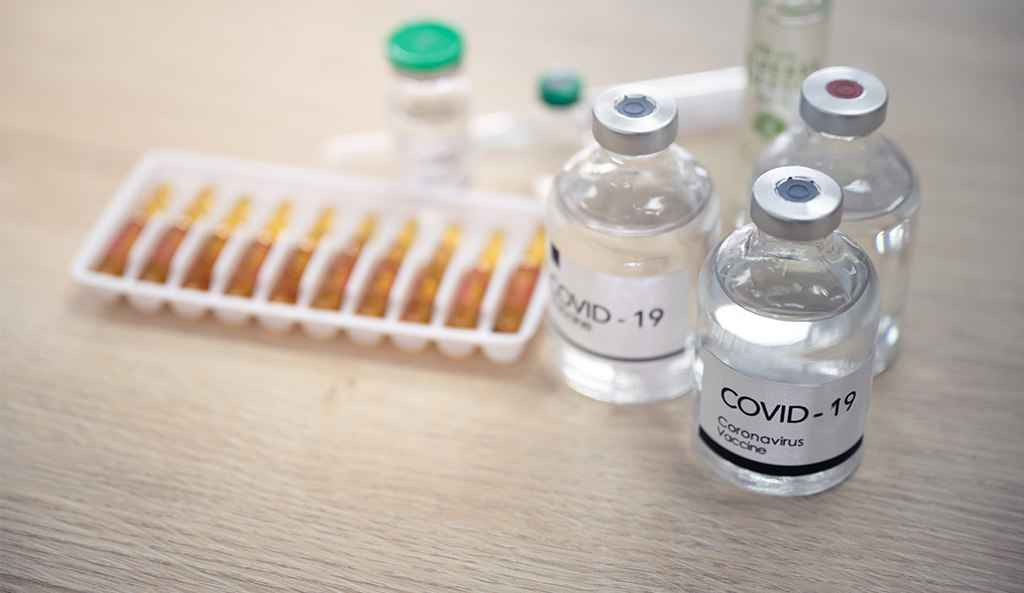U.S. pledges vaccine supply to the Caribbean
The White House has announced that it will be donating six million doses of COVID-19 vaccines to countries in South and Central America and the Caribbean, including those that have been hit hard by the pandemic, such as Brazil and Haiti.
The doses are part of the 80-million vaccine donations that U.S. President Joe Biden has pledged to send out worldwide by the end of June.
“This vaccine strategy is a vital component of our overall global strategy to lead the world in the fight to defeat COVID-19, including emergency public health assistance and aid to stop the spread and building global public health capacity and readiness to beat not just this pandemic, but the next one,” said the White House in a statement.
The Biden-Harris administration is slated to dispatch its first wave of 25 million doses of Covid-19 vaccines in the coming weeks. As to whether when the vaccines will arrive to their respective countries remain unclear since there is no timeline that has been released by the office.
“Specific vaccines and amounts will be determined and shared as the administration works through the logistical, regulatory and other parameters particular to each region and country,” the White House said.
The international aid organization COVAX will receive 19 million vaccines from the U.S. Another 7 million will go to Asian nations, including India, while 5 million will be sent to the African Union.
The U.S. will send another 6 million doses directly to governments that have requested doses, are experiencing surges or are immediate neighbors. These countries include Canada, Egypt, Georgia, Iraq, Jordan, Korea, Kosovo, Mexico, the West Bank and Gaza, Ukraine, and Yemen. The U.S. will also provide vaccines to United Nations front-line workers.
“Donations will prioritize countries with vaccine readiness plans that prioritize individuals at highest risk of severe disease and those working to help care for them, like health care workers,” the White House stated.



